
Uncategorised
International Women’s Day: 10 Liverpool ladies and their incredible legacies
6 years ago
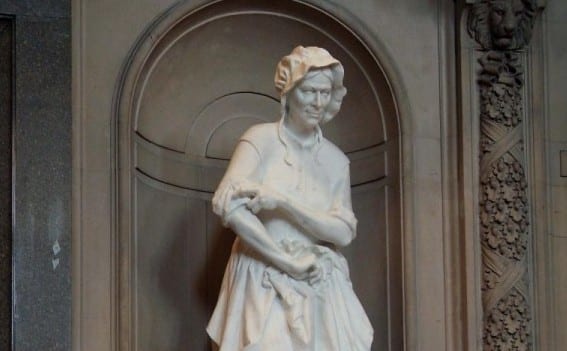
We are celebrating International Women’s Day by shouting about ten of Liverpool’s most inspirational women and the legacies they have left behind.
Here’s a fact: our city is the birthplace of some of the UK’s most trailblazing females. Their dedicated voices, great intelligence and unfaltering determination helped paved the way for future generations of women worldwide.
Read on to discover the considerable contribution of these remarkable Liverpool women…
1 - Hannah Lightbody
Born to an affluent family in 1776, Hannah Lightbody became an early champion of women’s rights nearly a hundred years before the founding of the Suffragette movement.
Hannah also campaigned for the abolition of the slave trade while advocating the rights of women within British society, attending debates, lectures and making her voice heard among Liverpool’s entirely male-dominated cultural discussions.
Hannah married like-minded textile merchant, Samuel Greg, at age 21, and lived at Quarry Bank Mill. Hannah and her husband pioneered the modern factory system, introducing work-based education and healthcare programmes, along with encouraging workers to listen to music and engage in recreational pursuits, and both campaigned for these practices to be rolled out nationwide.
2 - Kitty Wilkinson
Catherine “Kitty” Wilkinson was born in 1786 and founded the first wash-house for poor people on Upper Frederick Street in 1842, stemming the outbreak of cholera, and leading to the first combined washhouse and public baths in the UK.
The District Provident Society and William Rathbone both supported ‘The Saint of the Slums’ as Kitty was called, saving many lives during a cholera epidemic sweeping through the city in 1832. Fortunate enough to own a hot water boiler, herself and husband Tom invited neighbours to use their home for laundry, showing them how to use a chloride of lime to disinfect clothes and bedsheets.
Kitty took in orphaned children who lost parents during the epidemic, reading stories and teaching them hymns each morning, until her popularity grew, and she eventually hired a room and other women to teach them. In 1846, Kitty received a silver teapot from Queen Victoria inscribed: “The Queen, the Queen Dowager, and the Ladies of Liverpool to Catherine Wilkinson, 1846.”
3 - Kate Sheppard
Kate Sheppard was one of the most pioneering and respected Suffragettes in history. Born in 1847, Kate was educated in Liverpool, where she became renowned for her fierce intellect and strong sense of social justice.
After moving to New Zealand in her 20s, Kate became one of the most influential figures in women’s suffrage, founding the Women’s Christian Temperance Union before becoming leader of the suffrage campaign in 1887. New Zealand Parliament finally granted women the vote in 1893, and Kate Sheppard became active in suffrage movements across the world before she died in New Zealand in 1934.
4 - Eleanor Rathbone
Born in 1872, Eleanor Florence Rathbone lived in the family home of Greenbank House as the daughter of merchant and philanthropist William Rathbone VI. Her father was a champion of the working class, dedicated to improving workhouse conditions and medical treatment. Eleanor was given her middle-name after his lifelong friend Florence Nightingale, as he established both the Liverpool Training School and Home for Nurses and The Queens Nursing Institute. Eleanor worked alongside William until his death in 1902.
Eleanor took social studies at Oxford, but was not allowed to graduate the university, as this award was denied to women until after 1920. In 1897, she became Honorary Secretary of Liverpool Women’s Suffrage Society, campaigning for women’s rights to vote, and co-founding Liverpool Women Citizen’s Association for their involvement in political affairs in 1913.
During the Depression of the 1920s, Eleanor campaigned for cheap milk and better benefits for children of the unemployed, as well as supporting Women’s Rights in India.
An independent British MP representing the Granby ward for 25 years, Eleanor campaigned for a family allowance to be paid directly to mothers, and in 1945, the year before her death, Eleanor Rathbone saw her work become British law.
Visit www.eleanorrathbonetrust.org.uk
5 - Margaret Beavan
Born in Toxteth in 1875, Margaret Beavan attended Belvedere School and was later approached by a former pupil to run classes for disabled children at Liverpool Victoria community centre.
The centre, based on Netherfield Road North, was founded in 1897 and provided community support during a time when there was no formal education provision in the city, and Everton occupied some of the worst slums in the North West.
Margaret was elected as a Coalition Liberal MP in 1923 but switched to the Conservative party, before being selected as Liverpool’s first woman Lord Mayor in 1927. Her lack of consistency did little for her popularity, although she gave scant regard to her position as a Conservative representative, frustrating both her political allies and opponents.
Margaret died in 1931 at the Hospital for Children at Leasowe, which she co-founded, and a large civic memorial service was held, but her confusing politics sadly overshadowed her many great public achievements and dedication to the people of Liverpool.
6 - Bessie Braddock
Elizabeth Braddock or ‘Battling Bessie’ as she became known due to clashes with the press, campaigned tirelessly for better housing conditions on behalf of the under-privileged in Liverpool. Born in 1899, Bessie’s mother, Mary Bamber was a respected left-wing activist, committed to social reform, who took her daughter to her first political meeting aged just 3 weeks old.
Bessie was elected as a Member of Parliament in the 1945 post-war election, and became vice-chairman of the Labour Party in 1968. Her husband John ‘Jack’ Braddock later became leader of Liverpool City Council, and a block of modern flats named The Braddocks were later built in their honour. Bessie Braddock died in November 1970 after being made a freeman of the city of Liverpool in recognition of her work for her home city.
7 - Dame Rose Heilbron
Dame Rose Heilbron DBE QC was born in Liverpool in 1914 as the daughter of an affluent hotelier, and was educated at Belvedere School and Liverpool University where she became one of the first women to gain a first class honours degree in Law in 1935, ahead of becoming one of only two women to hold a Master of Law degree in 1937.
Rose Heilbron established a career as a barrister, which included many female firsts including winning a scholarship to Gray’s Inn in 1936 – which allows the practice of law in England and Wales; being appointed King’s Counsel in England, becoming the first woman to lead a murder case, the first woman judge to sit at the Old Bailey, and the first woman Treasurer of Gray’s Inn.
Rose moved to London with her husband after she became only the second woman to be appointed as a High Court judge, and passed away in 2005, leaving her husband and daughter, who wrote Rose’s biography in 2012.
8 - Lilian Bader
Lilian Bader (née Bailey) was born in Liverpool on 18 February 1917. Lilian was one of the first black women to join the British Armed Forces. Orphaned at the age of nine, with the outbreak of war in 1939, she worked in a Navy, Army and Air Force canteen, but was forced to leave because she was Black.
Lillian qualifying with a First Class pass as an engineer, becoming a leading aircraft woman who eventually earned the rank of Corporal, before leaving to have a family in 1944. After the war, Lilian studied at London University and became a teacher. Her younger son flew helicopters in the Royal Navy and later became an airline pilot.
Lillian’s father served in the Royal Navy during WWI, and all three of his three children served in WWII. Lillian’s husband also served in WWII along with his brother, who was decorated for bravery in Burma. Lillian’s son became a helicopter pilot and served in Northern Ireland. Lillian said before her death in 2015, ‘I think our Black family gave more back to this country than we received.’
Photo – Imperial War Museum
9 - Anne Clough
A leader in the education of women, Anne Clough was born in 1920, and as was the norm for upper-class girls, was educated entirely at home. Anne began working for a charitable school until her father was declared bankrupt in 1841, and Anne started a small school of her own in Liverpool.
Anne helped found the North of England Council for Promoting the Higher Education of Women, acting as secretary from 1867 to 1870 and president from 1873 to 1874. And after co-founding Lectures for Ladies in the 1870s, it became clear that women who needed to travel for her education would benefit from accommodation.
Anne took charge of what was thought of as a hostel with only five students in Regent Street, which became Newnham College, Cambridge, and Anne Clough the first Principal.
10 - Mary Sherridan OBE
The daughter of an Irish GP and district nurse, Mary Sheridan was born in Liverpool in 1899. She gained a scholarship to the University of Liverpool School of Medicine, graduating in 1922 and working at the Liverpool Royal, where she specialised in Paediatric medicine.
After working in Cheshire and Manchester, Mary observed several hearing, speech and visual conditions she felt required earlier diagnosis to lessen the impact on children’s development. Mary Sherridan went on to become a leading authority in child development, working as a consultant paediatrician at Guy’s Hospital London where she performed research, and lectured at the Institute of Child Health and Nuffield Speech and Language Unit.
In 1968, Mary was awarded the highest honour of the Royal College of Paediatrics and Child Health – the James Spence Medal, and received an OBE for establishing developmental paediatrics as a specialty in the United Kingdom before her death in 1978.


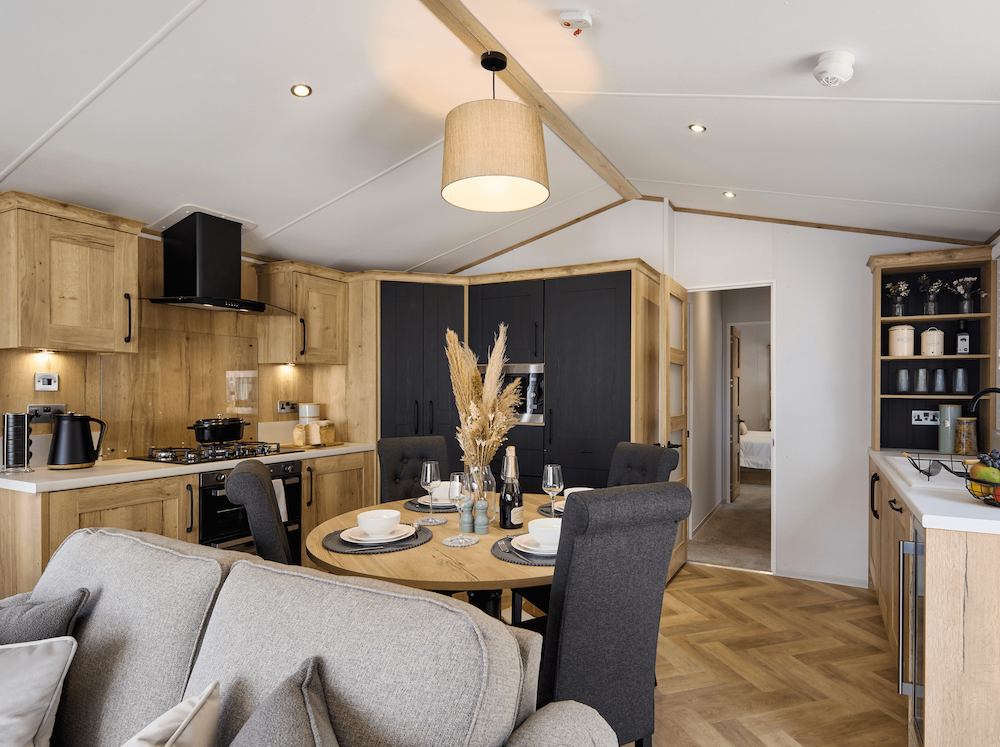
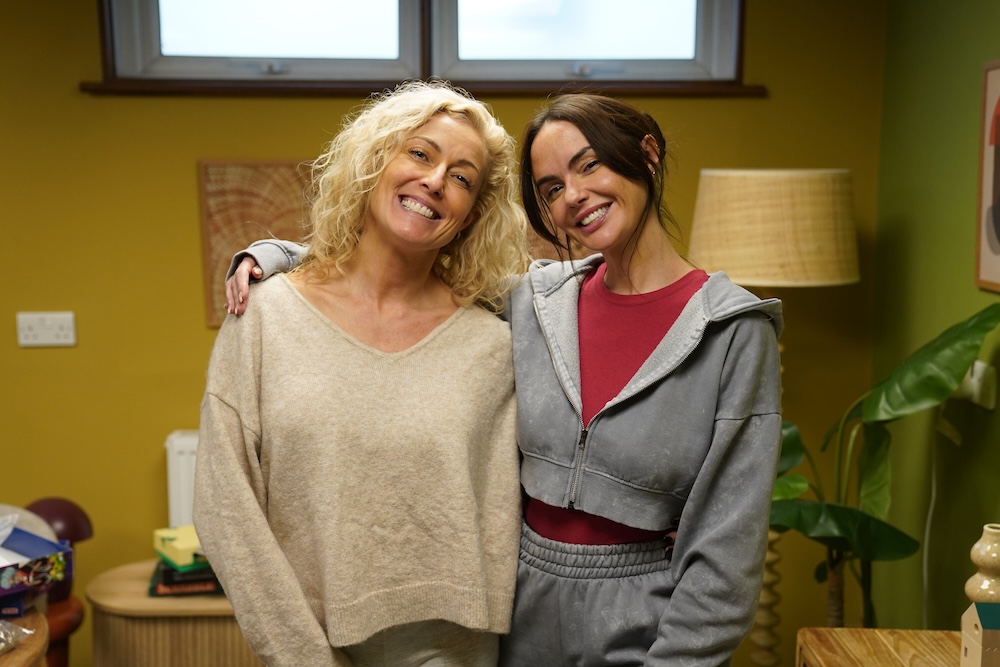
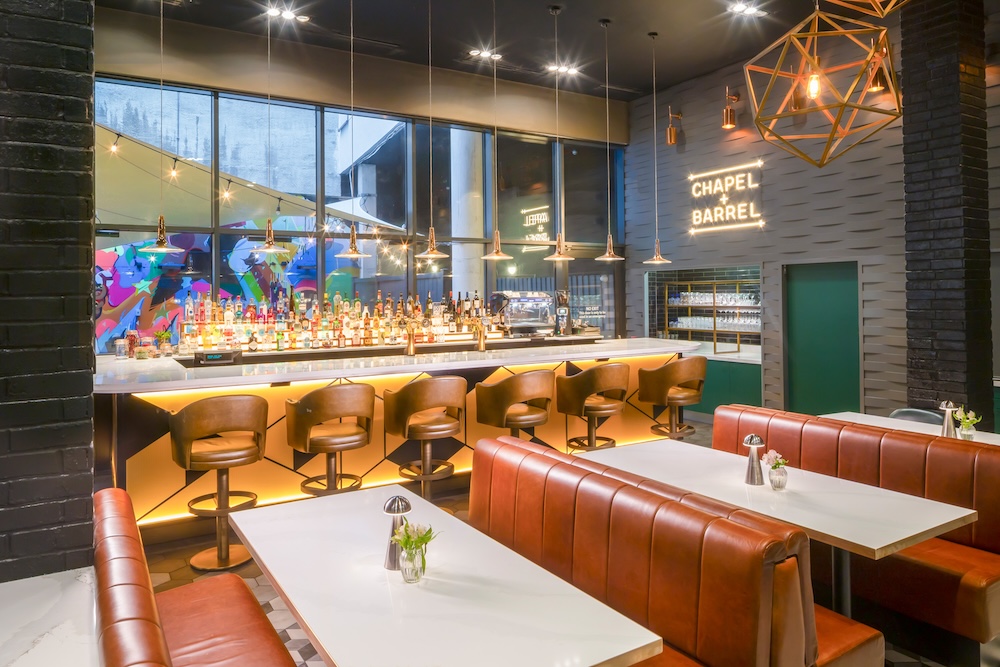
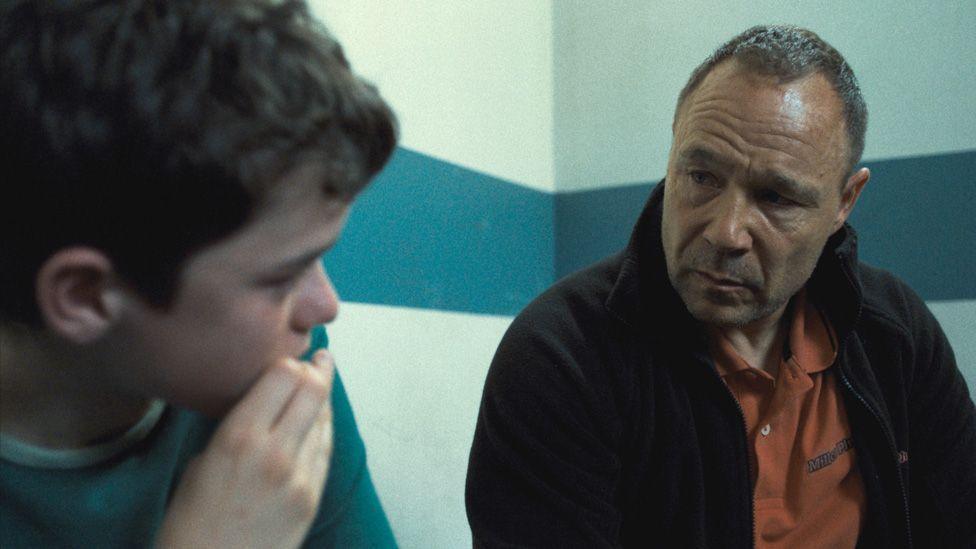
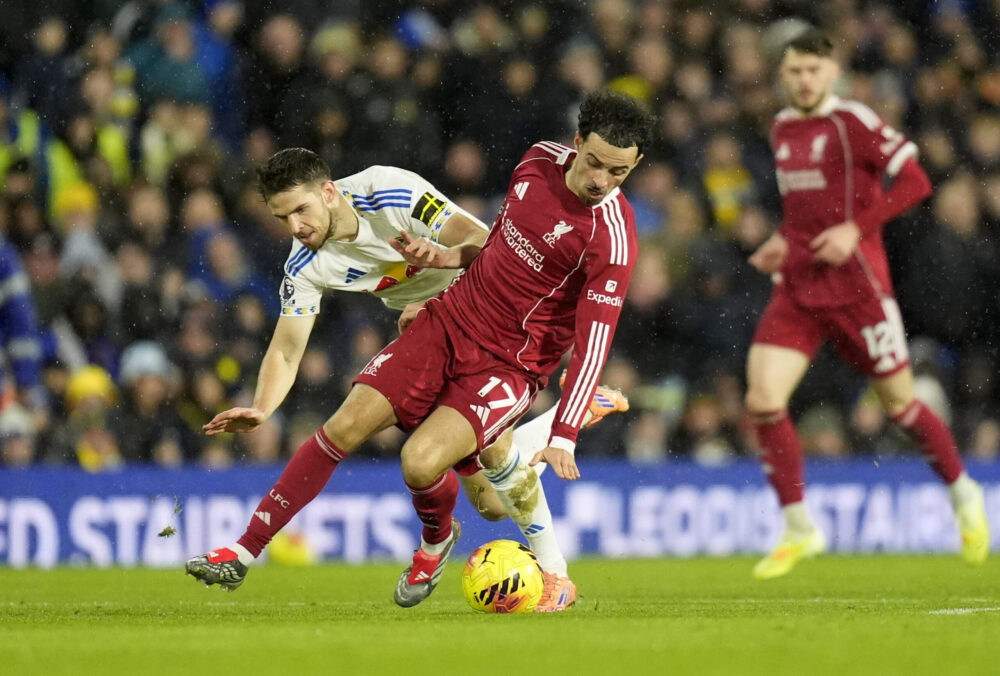
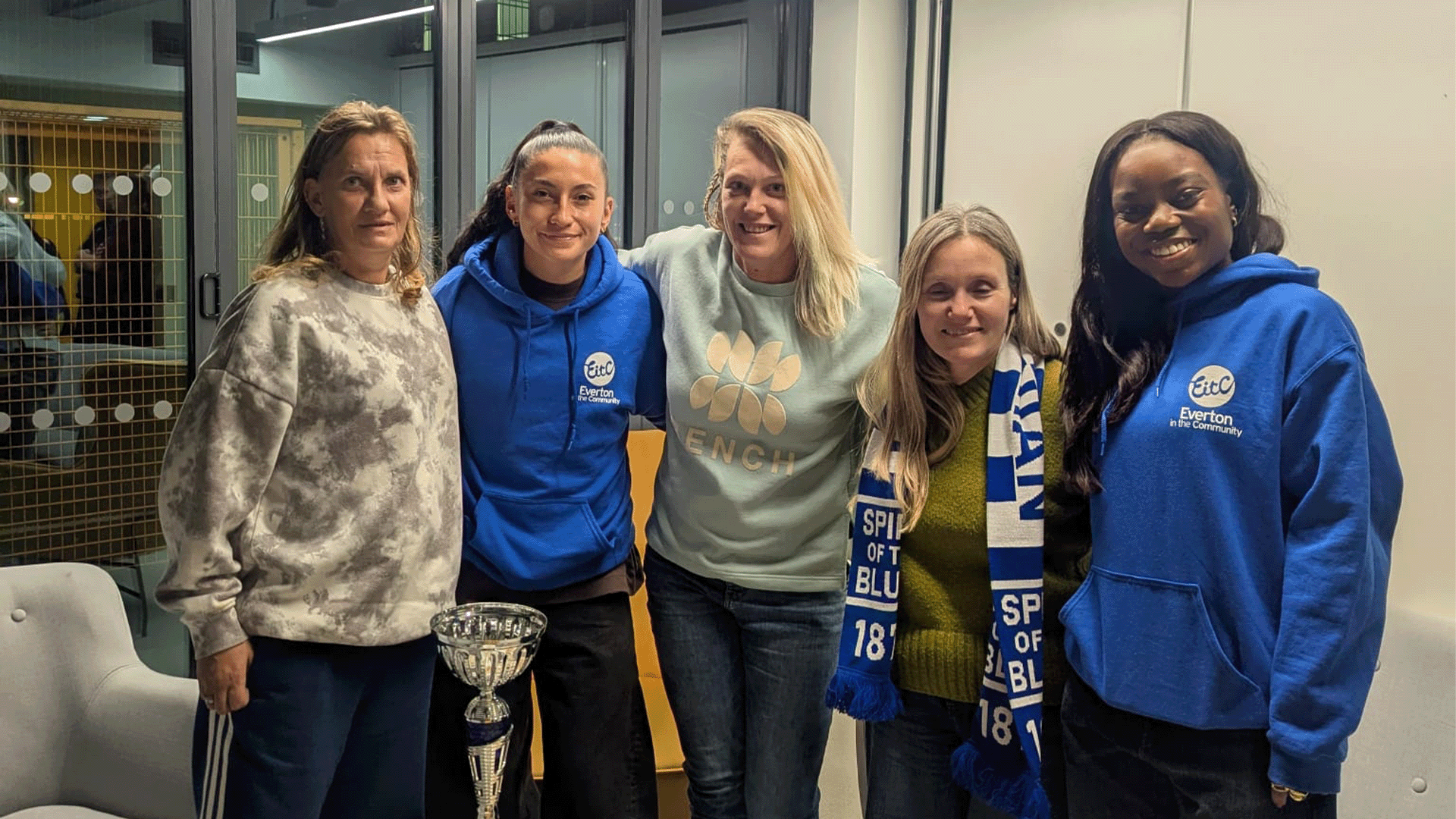
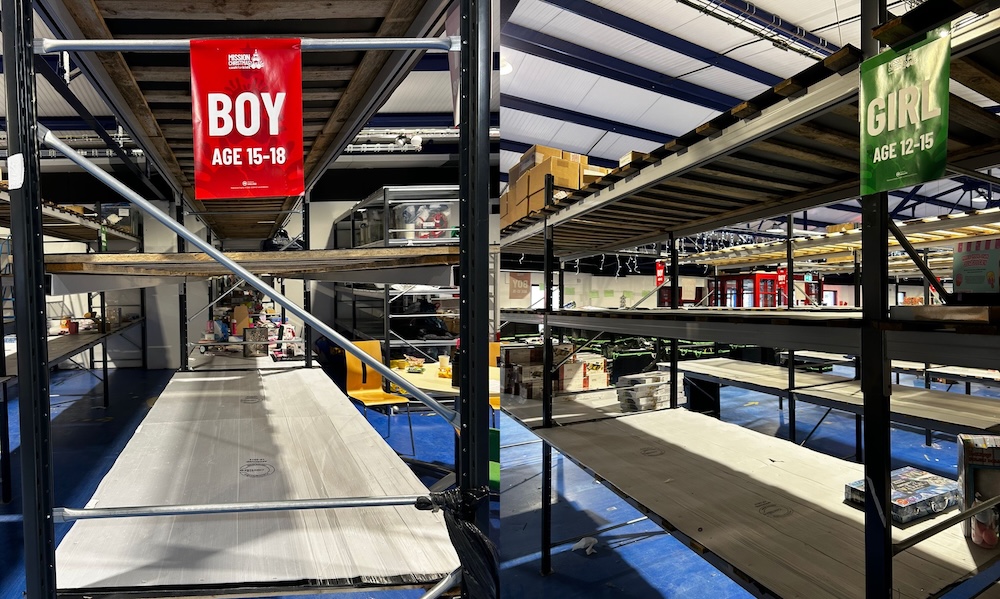
 Subscribe
Subscribe Follow Us
Follow Us Follow Us
Follow Us Follow Us
Follow Us Follow Us
Follow Us Follow Us
Follow Us











